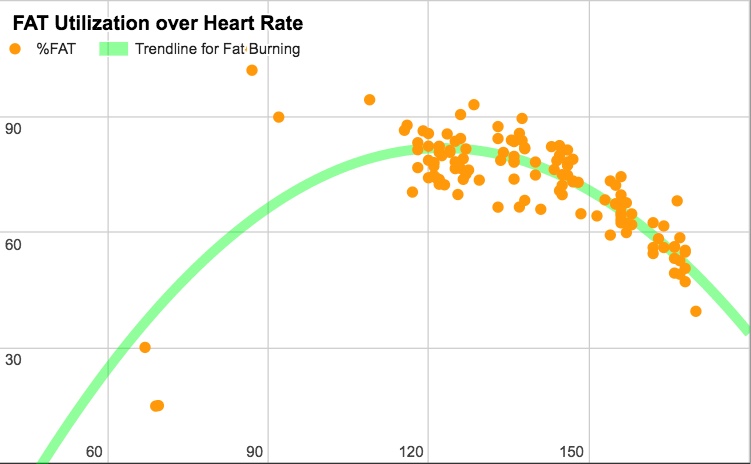Thanks for replying. Now I understand what you were referring to.
Funny how you chose Peter Defty as a reference. I wrote an email to Peter Defty - shortly after starting this thread.
Here is a bit of what he said in that email:
“Also look at our Carb Sneak pages here [http://www.vespapower.com/ofm/strategic-carbohydrates/], here [http://www.vespapower.com/carb-sneak/], and here [http://www.vespapower.com/concentrated-carbs-as-a-legal-ped/]. Do NOT fear carbs…this is a keto mis-nomer for an athlete…you will NEED (my emphasis) some for optimal performance and even health for what you are attempting.”
As is pointed out here [https://www.runnersworld.com/sweat-science/adapting-to-burn-fat-as-fuel], “The longer (and slower) the race, the more you’ll be able to rely on fat.” This article actually references Jeff Volek’s FASTER study - another person you referenced too. 
So, the longer and slower the race, the MORE you’ll be able to rely on fat for fuel. It is for that precise reason that I chose to become an efficient fat-burner before attempting Ironman. However this statement also implies that you will not be able to rely entirely on fat for fuel. The ideal fat-burning zone in a keto adapted athlete generally appears to be 60-70% of VO2MAX. But even then, the athlete is not relying entirely on fat for fuel - as the plot from this blog shows (which also references Volek’s FASTER study) [https://blog.adafruit.com/2017/03/26/what-i-learned-from-vo2-testing-in-ketosis/]
It is clear from where the plot points lie in relation to the Y axis, that none of the athletes were relying entirely on fat for fuel.
So yeah, for competing in an Ironman distance triathlon event, I still stick by my original assertion that carbs are “crucial”.
Thanks for chiming in though.


